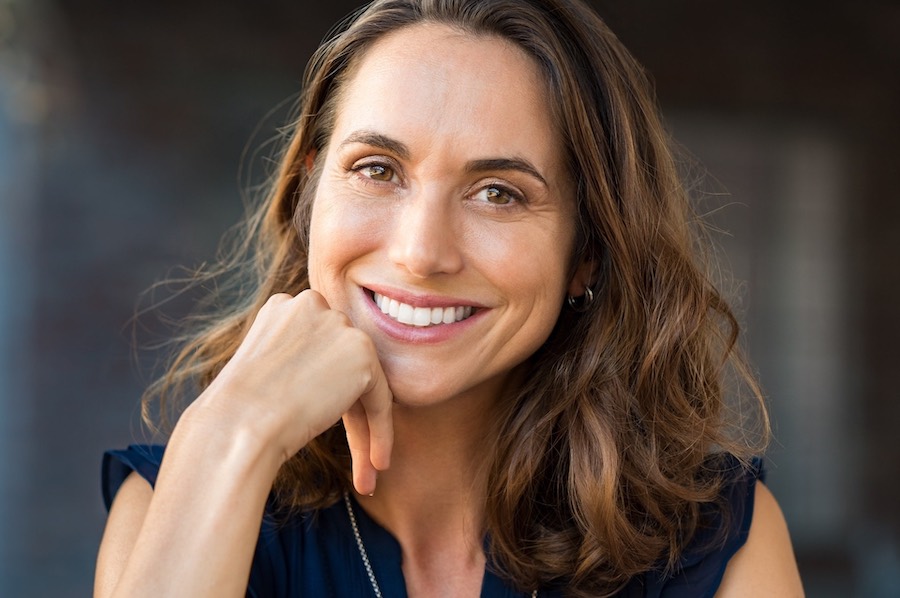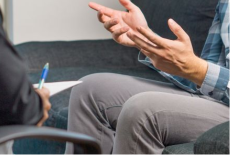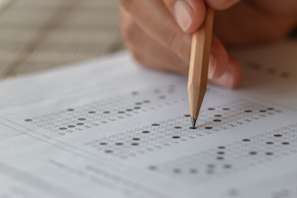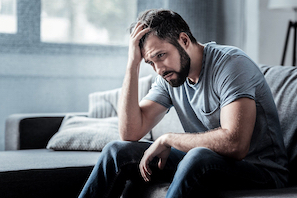What can be done to overcome vaccine anxiety?
As the COVID-19 vaccine uptake hits its peak and booster shots are introduced to adults across the country, there still remains a small group of people who are yet to opt in for the jab. Whilst a lesser and often vocal minority are staunchly against the shot altogether, another part of this unvaccinated cohort fall under the “vaccine hesitant” category – those who feel a general lack of confidence or anxiety around COVID immunisation. At the time of writing, vaccine hesitancy across Australia is at an all-time low of 11.5%, yet the rate in which it is falling is slowing down. Everyone has their reasons for and against getting the shot, but for those still remaining in this percentage, but who also want protection against the virus, what can be done?
This type of vaccine hesitancy may be a form of fear
The main thing to consider when talking about this type of vaccine anxiety is why and how it comes about. Research suggests this type of concern stems from a range of different fears, in particular the fear of death. Whilst this may seem contradictory to some (especially since COVID-19 has a higher death rate than the vaccine), it actually comes about from what psychologists call “terror management theory.” Researchers state that, because humans are unable to face the stark reality of death, we engage in various forms of denial. This plays out in avoidant behaviour, such as steering clear of thoughts about the virus, and, by proxy, the vaccine as well.
Another form of fear can also surround the side effects of the vaccine itself, often spread through misinformation online. Research suggests that we are more likely to regret decisions we have made, than the ones we haven’t. Therefore, those who have a concern about the symptoms of the jab, whether founded or not, are more likely to avoid getting the vaccine altogether due to a fear of regretting it later. Many people still fear Vaccines can cause autism, though endless attempts to find a link have come to nought
The most important takeaway from this is vaccine anxiety is understandable and normal. However, knowing that it can be founded on fear, there are ways to overcome it.
Seek vaccine information from reputable sources
As misinformation surrounding COVID is rampant online, reading or listening to accurate and reputable sources about the COVID-19 vaccine is the first step in settling any anxiety.
These can include:
Chat to a mental health professional about your thoughts
Whilst it’s all well and good to do your own research, this doesn’t always negate the underlying fears. Like any anxiety, chatting to a mental health professional, such as a psychologist or counsellor, is a great next step. Whether it’s just having someone listen to your thoughts, helping you navigate a post-lockdown world or helping you overcome the anxiety itself, a mental health professional will remain an objective third party to bounce off.
At the end of the day, everyone has their reasons as to why they will or will not get the COVID-19 vaccine. However, if you are someone who is still considering whether or not to proceed, a professional counsellor can help you with any anxiety-related concerns you may have. There is help out there, even if it’s just for a single chat.
References:
https://melbourneinstitute.unimelb.edu.au/publications/research-insights/ttpn/vaccination-report
https://theconversation.com/why-do-some-people-delay-getting-vaccinated-or-pretend-covid-doesnt-exist-paradoxically-denial-of-death-168485?utm_medium=email&utm_campaign=The%20Weekend%20Conversation%20-%202093920682&utm_content=The%20Weekend%20Conversation%20-%202093920682+CID_d632138de4a957723b21a78e9f516b26&utm_source=campaign_monitor&utm_term=according%20to
https://www.washingtonpost.com/outlook/2021/11/11/vaccine-hesitancy-psychology-regret/






















